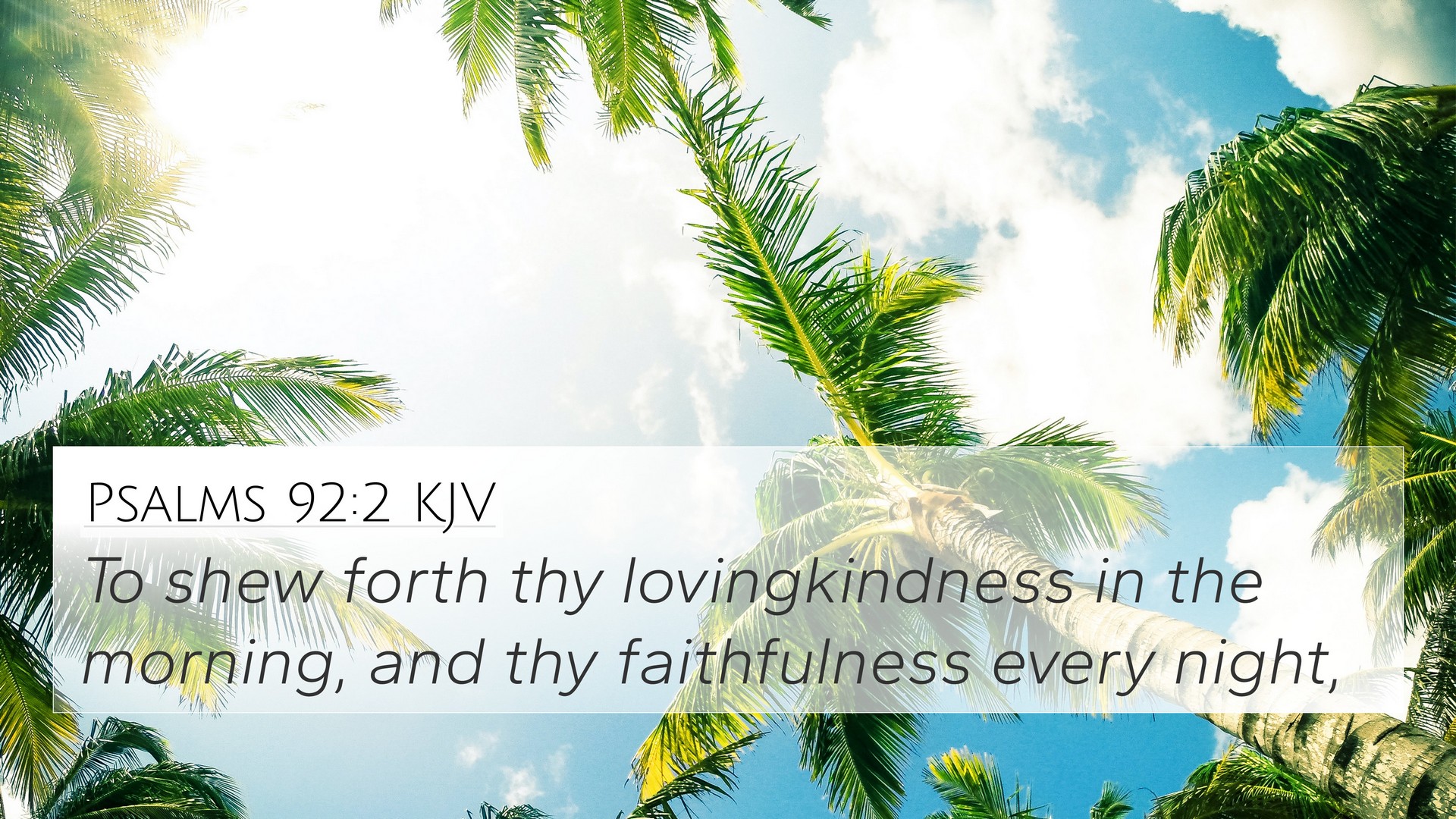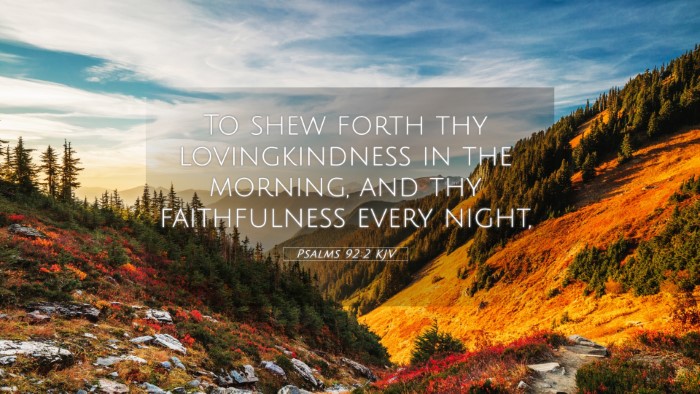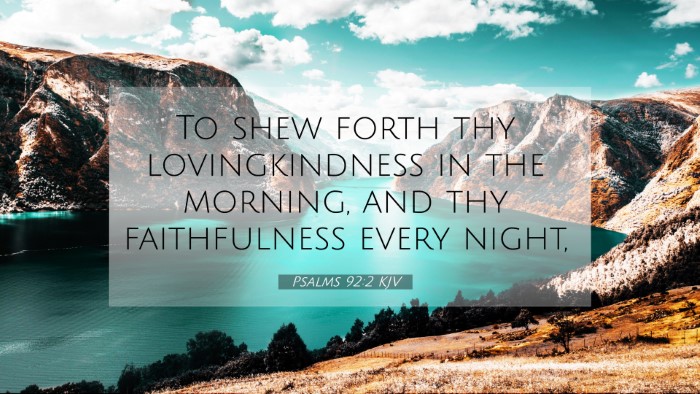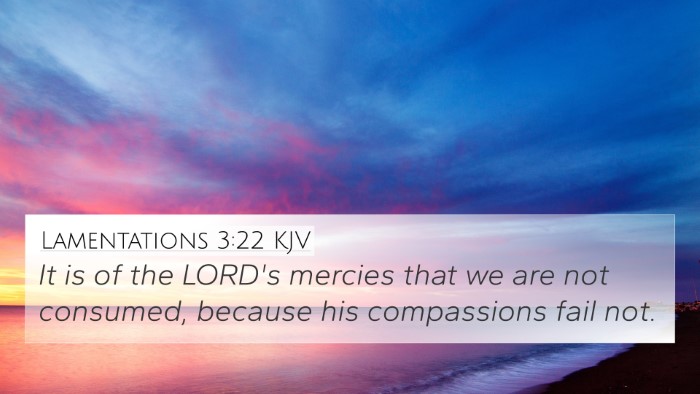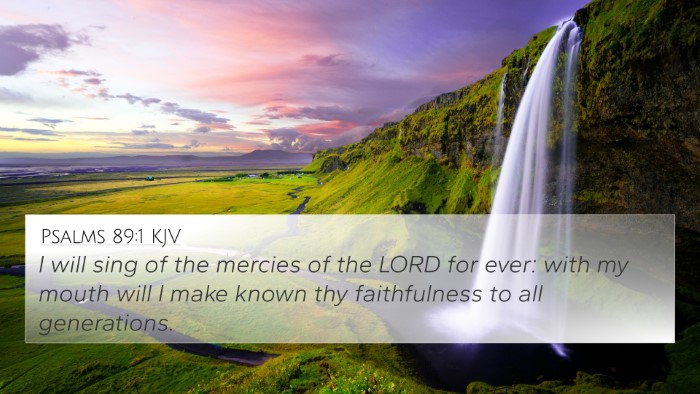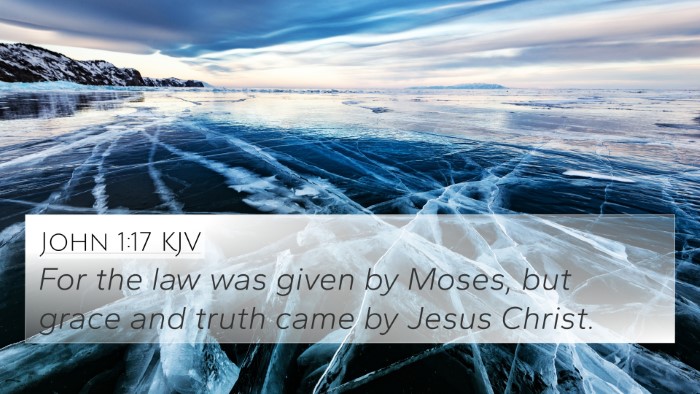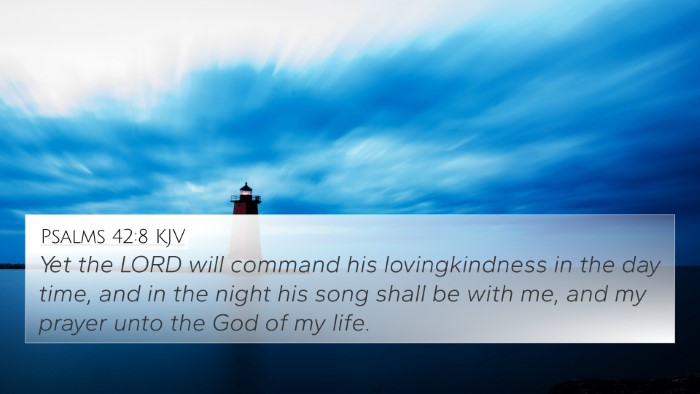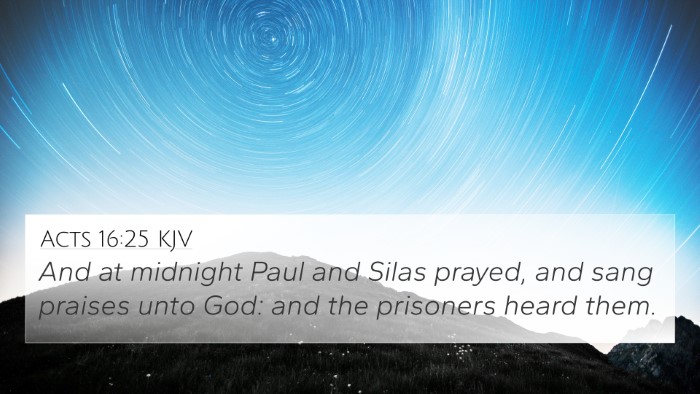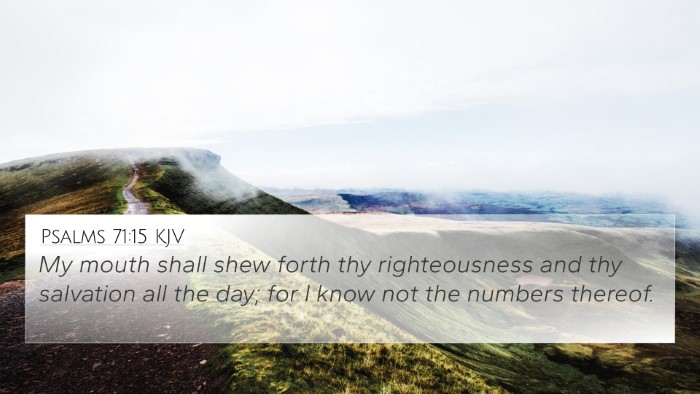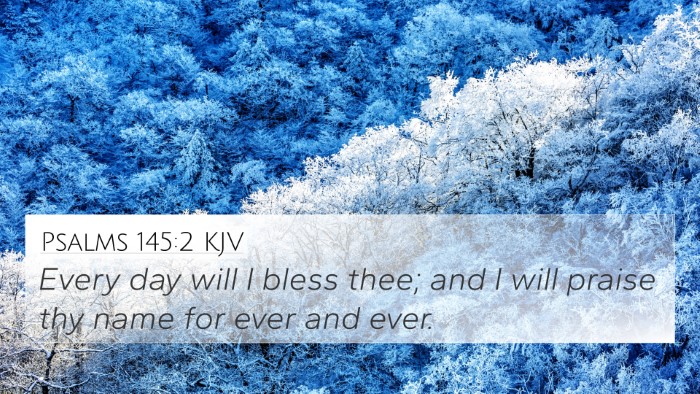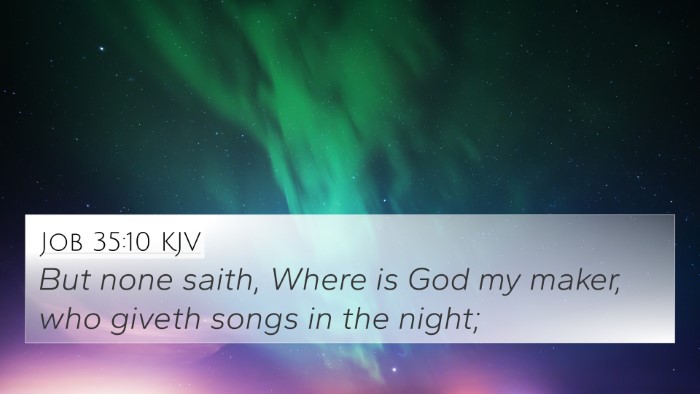Psalms 92:2 Interpretation
Psalm 92:2 states, "It is good to give thanks to the LORD, to sing praises to Your name, O Most High." This verse is a proclamation of the goodness found in gratitude and worship. Below is a combined analysis based on the insights from public domain commentaries.
Overview of Psalms 92:2
This verse exemplifies the practice of giving thanks and praise to God, fundamental themes in the Psalms. The act of thanking God is portrayed as not only appropriate but good, suggesting that such an action carries intrinsic value.
Key Themes and Insights
- Gratitude to God: According to Matthew Henry, thanking God is a necessary response to His goodness and mercy. It emphasizes the believer's acknowledgment of God's providence in all aspects of life.
- Significance of Praise: Albert Barnes highlights that praising God serves to uplift the spirit and reinforces faith in His power and goodness. The verse encourages a continual posture of worship.
- The Name of the Lord: Adam Clarke notes the importance of invoking God’s name as a reminder of His character and attributes. The title "Most High" signifies God's sovereignty and majesty, reassuring believers of His supreme authority over all things.
- Public Worship: This verse is often read in the context of communal worship, emphasizing that expressions of gratitude and praise are not merely private but are also meant to be shared among the community of faith.
Bible Verse Cross-References
Psalms 92:2 resonates with various other Scriptures, further illuminating its themes of gratitude and praise. Here are some related verses:
- 1 Thessalonians 5:18: "In everything give thanks; for this is the will of God in Christ Jesus for you." This verse echoes the call to thankfulness in all circumstances.
- Colossians 3:16: "Let the word of Christ dwell in you richly... singing with grace in your hearts to the Lord." This emphasizes the act of singing praises as an integral aspect of worship.
- Psalms 100:4: "Enter into His gates with thanksgiving, and into His courts with praise." This further aligns with the call to enter into worship with a thankful heart.
- Psalms 28:7: "The LORD is my strength and my shield; my heart trusted in Him, and I am helped; therefore my heart greatly rejoices, and with my song I will praise Him." This supports the connection between trust in God and the resulting praise.
- Hebrews 13:15: "Therefore by Him let us continually offer the sacrifice of praise to God." This reflects the ongoing nature of the praise that Psalms 92:2 encourages.
- Psalms 67:3: "Let the peoples praise You, O God; let all the peoples praise You!" This calls for collective praise and the universal acknowledgment of God's goodness.
- Psalms 145:1: "I will extol You, my God, O King; and I will bless Your name forever and ever." This highlights personal commitment in offering praise to God.
Connections between Bible Verses
Understanding the inter-Biblical dialogue is essential to appreciate the depth of themes present in the book of Psalms, particularly regarding praise and worship:
- Thematic connections can be drawn between Psalms 92:2 and the messages of gratitude found throughout both the Old and New Testaments.
- Comparative Bible verse analysis reveals how different authors emphasize the need for thanks in varying contexts, but with a common goal: glorifying God.
- Linking Bible scriptures can show how early church practices of singing praises relate back to ancient worship as seen in the Psalms.
Tools for Bible Cross-Referencing
For those interested in deeper study, numerous resources are available:
- Bible Concordance: An invaluable tool for locating specific verses or themes across the Scriptures.
- Bible Cross-Reference Guide: Useful for understanding contextual connections among verses.
- Cross-reference Bible Study: A method that allows readers to explore related passages systematically.
- Bible Reference Resources: Comprehensive materials available for exploring thematic and doctrinal connections.
Conclusion
Psalms 92:2 serves as a rich reminder of the importance of gratitude and praise in the life of a believer. By cross-referencing this verse with others, readers can gain a more comprehensive understanding of God's character and the expected response of worship. This insight is supported by public domain commentaries, making it accessible for anyone seeking a deeper connection with Scripture.
